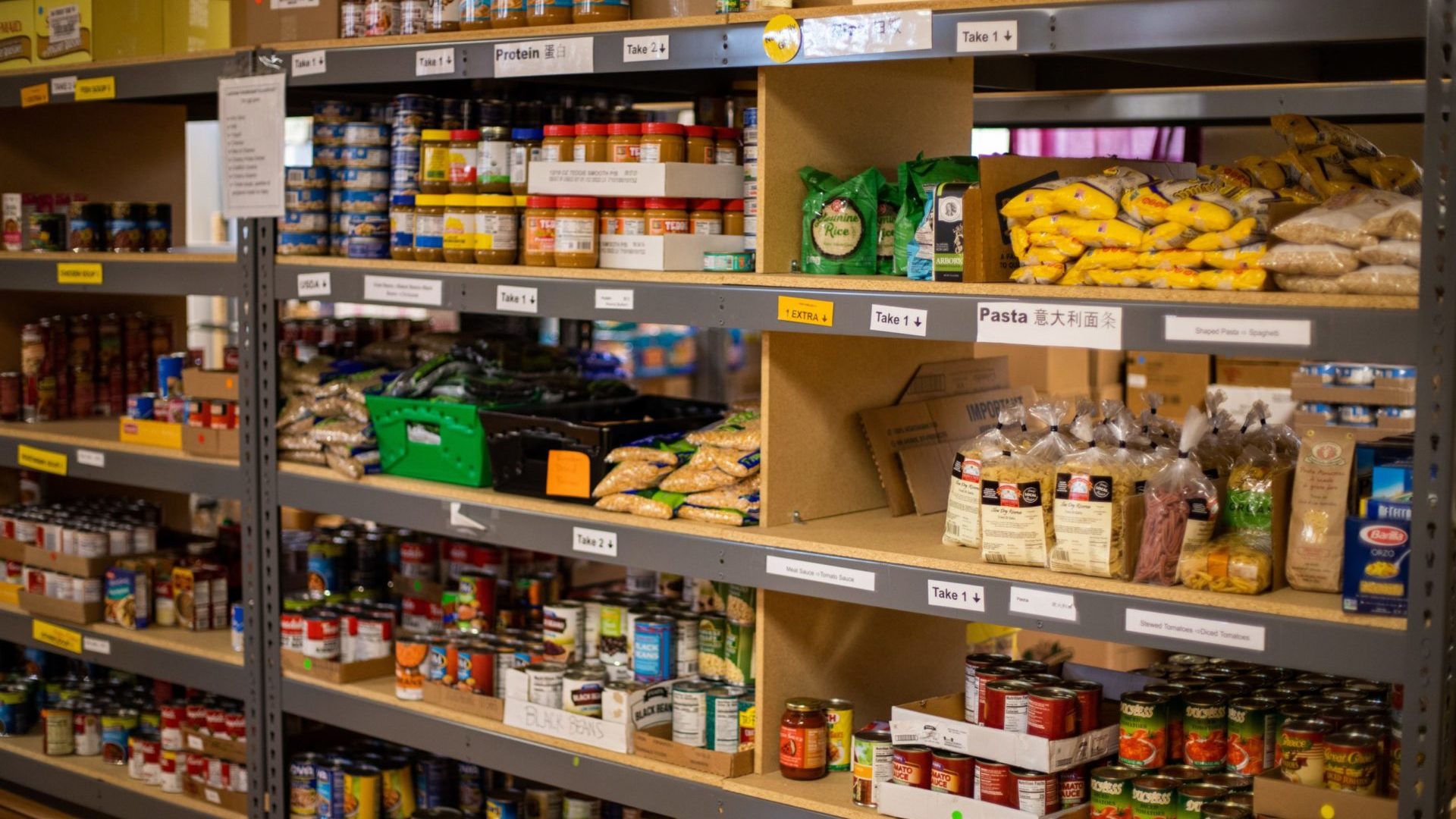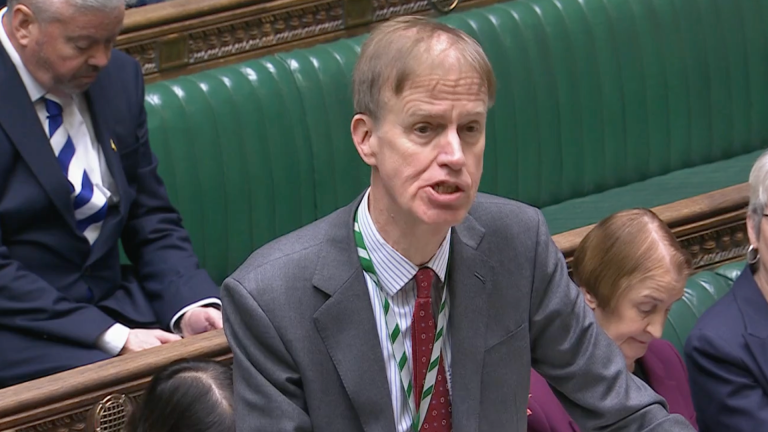Over the last decade, urban poverty has increased dramatically in the UK, with more and more people needing to access emergency food parcels provided by food banks. According to a report published by the House of Commons Library earlier this month, 7.2 million people, or 11% of the UK population, were in households experiencing food poverty during 2022/23. This included 17% of children.
In the same period the Trussell Trust, which runs a network of food banks, supplied their highest-ever number of three-day emergency food parcels. Food banks provide essential and extremely needed emergency food access to people in crisis. However, they can be a segregating space for people using their services, reinforcing a dividing line between those with and without secure access to food.
In a recent study I, alongside colleagues from the University of Chester and the University of Salford, examined how organisations that deliver food aid can enable transitioning out of segregation when it comes to food access. We found that social supermarkets, which can also be known as community shops, pantries, larders, community supermarkets, citizen supermarkets, grub hubs or food clubs, offer a transitional space between food banks and the market spaces of mainstream food retailers.
- Time is running out – the next government needs a proper plan to end reliance on food banks
- Inside the primary school ‘food shop’ ensuring children don’t go hungry over summer break
Just like food banks, social supermarkets have become more common, as unfortunately urban poverty has risen over the past 10 years. However, the model of a social supermarket is very different to that of a food bank. Rather than depending on a food bank referral, which can have more stigma attached, people who cannot access food in traditional shops or supermarkets can do their shopping at a social supermarket, which sells products at a significantly discounted rate or for a nominal fee.
We researched food aid organisations in two areas of the UK with high levels of deprivation and emergency food parcel distribution, Greater Manchester and the West Midlands. Through visits to food banks and social supermarkets and interviews with volunteers and staff, we saw how the difference in approaches changed how the people using the services experienced the segregation issues caused by food poverty.
Social supermarkets use a more dynamic and flexible model, which is dependent on forms of negotiation, such as securing food surplus donations from traditional supermarkets and using spare warehouse space. This means that social supermarkets are more connected to the traditional food market, reducing the distance between food aid and the mainstream.





